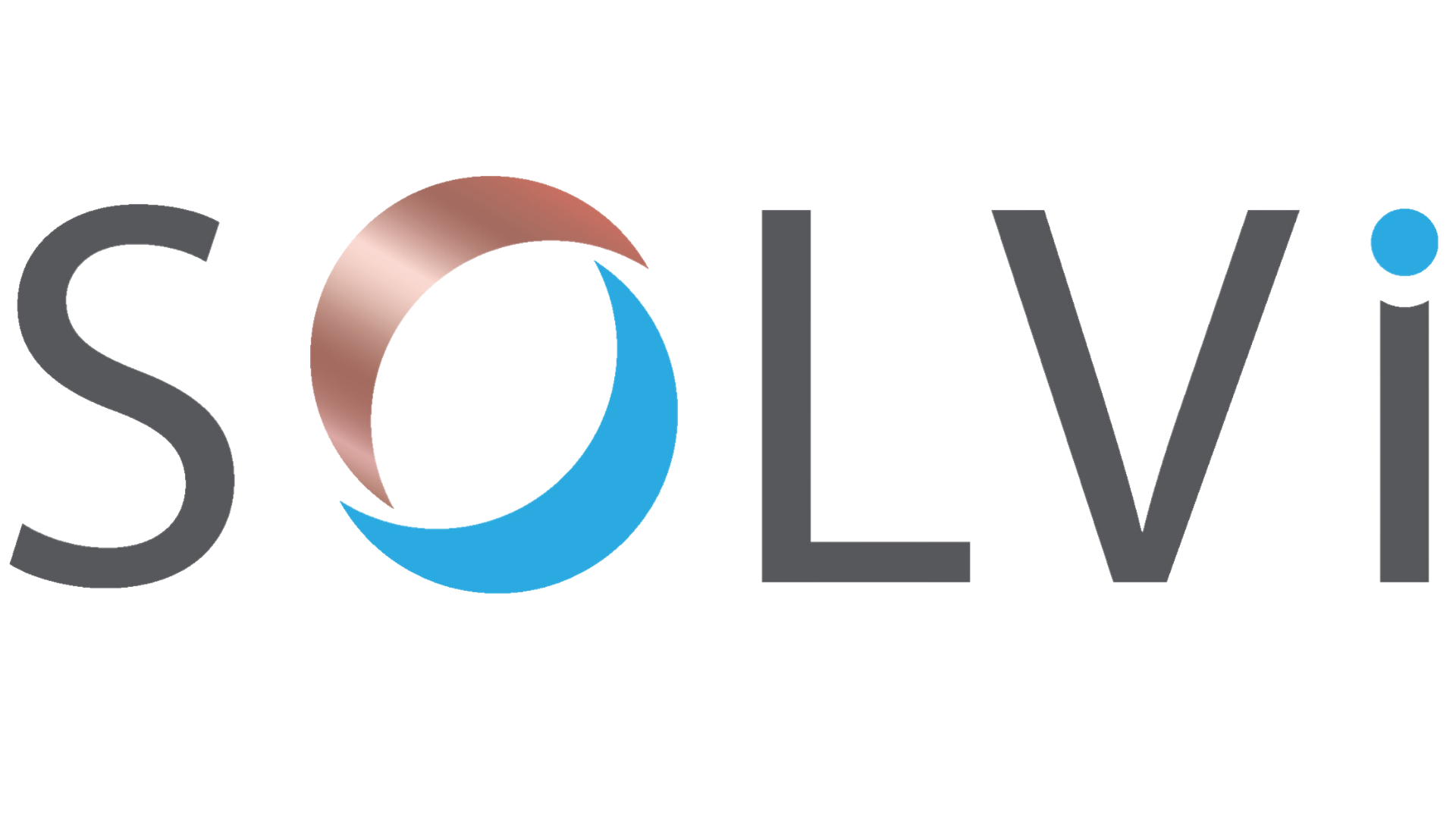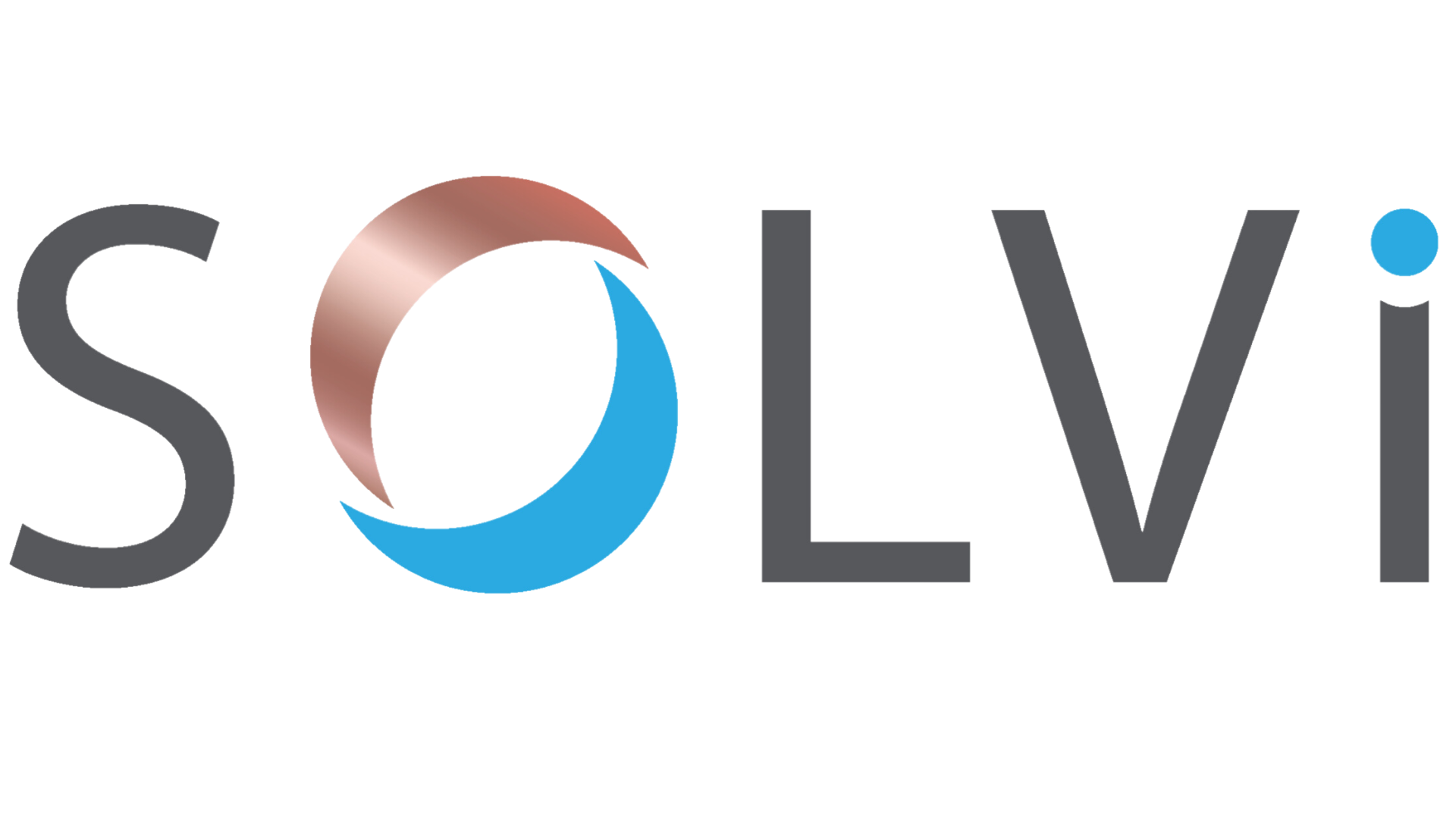Australia is a great place to live and work. Our passion is to help Registered Nurses living overseas to work and experience the great Aussie lifestyle. However, navigating the complexities of migrating to Australia can be daunting.
SOLVi Migration has been assisting nurses to gain registration and successfully migrate independently. Our dedicated team of legal experts specialises in guiding overseas registered nurses through the intricate visa and registration processes, ensuring a smooth transition to working in Australia.
We are committed to providing personalised support every step of the way, from initial eligibility assessments and visa applications to professional registration and employment advice. Trust us to help you achieve your dream of a rewarding nursing career in Australia.

VISA’S WE CAN HELP WITH

Employer Sponsored

Skilled Independent
MAKING AUSTRALIAN MIGRATION EASY

The Australian Points System Isn’t What You Think: What Really Impacts Whether You Get Invited
The Australian Points System Isn’t What You Think: What Really Impacts Whether You Get Invited
When nurses think about migrating to Australia independently, most focus on one thing: getting more points.
They chase extra qualifications, English test upgrades, partner points — all assuming that if their points are high enough, an invitation to apply will magically follow.
But here’s the truth: the Australian points system doesn’t work like that.
Let’s bust the myth and explain what really influences whether you get an invitation to apply for a skilled visa.
📈 Higher Points Help — But They Don’t Guarantee an Invitation
Points matter. But they are not the whole story.
Every year, thousands of nurses with high points sit in the Expression of Interest (EOI) queue — and don’t get invited.
Why? Because it’s not just about how many points you have.
The Department of Home Affairs allocates invitations based on many factors, including:
State and territory priorities (which can change often)
Occupation ceilings (how many spots are available for each job)
Program size and processing capacity
Demand from specific regions (some prefer regional placements)
You could have 85 points but still not get invited if your occupation isn’t being actively targeted or if the quotas have been used up.
🔹 Timing and Strategy Are Critical
Many nurses waste months thinking they’re in the queue — when actually, they’re sitting on a dead-end EOI with no realistic chance of selection.
What makes the difference? Strategy.
At SOLVi Migration, we help nurses:
Identify which states are currently sponsoring nurses (and which aren’t)
Track program updates that affect invitation patterns
Choose whether to pursue Subclass 189, 190, 491, or employer sponsorship based on real-time opportunities
Prepare compliant EOIs that actually match state criteria
Migration is not just about points — it’s about being in the right place, at the right time, with the right paperwork.
🔹 The Hidden Risk: Incorrect Documentation
Most people don’t realise this: when you submit your Expression of Interest (EOI), no one checks your documents at that stage.
You could lodge an EOI with the wrong evidence, an incorrect skills assessment, or false assumptions about your eligibility — and still get an invitation.
But here’s the danger: If you receive a nomination and submit your visa application based on incorrect evidence, your visa can be refused.
🔴 There’s no fix.
🔴 There’s no refund.
🔴 There’s no appeal.
You must have the correct evidence at the time you lodge your EOI. It cannot be fixed later. This is one of the most common mistakes we see when people try to DIY the process.
🔹 Skills Assessments Must Be Done Correctly
It’s not enough to just have a skills assessment. It must be prepared correctly for points-based migration.
Your skills assessment must:
Match the right occupation code for your clinical experience
Align with your EOI claims
Be properly documented to withstand visa assessment scrutiny
We’ve seen cases where people assumed their skills assessment was sufficient, only to later face a refusal because the evidence didn’t actually meet the requirements for claiming points.
🔹 Your Partner’s Details Can Make or Break Your Application
If you’re including a partner, their situation matters.
Your partner’s English level, their skills assessment, and their age all impact:
The points you can claim
Whether a state will consider you for nomination
How competitive your application is
For example, some states like Queensland won’t nominate couples unless both partners have proficient English.
Having a skilled partner with proficient or superior English often gives you a huge competitive edge.
🔹 Age Impacts Strategy
The older you are, the fewer points you have — and the harder you need to work to remain competitive.
If you’re close to age cut-offs, you may need to:
Improve your English score to gain extra points
Consider adding a partner skills assessment
Explore alternative pathways like employer sponsorship
🔹 Nomination Rounds Aren’t Regular or Predictable
Nominations don’t run on a strict schedule.
The federal and state governments run independent nomination rounds.
Each state can make its own additional rules on top of the national requirements.
Some states only nominate applicants with a minimum number of points or specific partner requirements.
It’s not a queue system and it’s certainly not a visa lottery.
Someone who submits a well-prepared, strategically aligned EOI two days before a round can be selected over someone who has been waiting for 18 months with a poorly prepared application.
👤 Real Example: A Costly DIY Mistake
We recently spoke with a couple who had been preparing their own application for over a year. They submitted an EOI and thought they were just waiting for an invitation.
But when we reviewed their case, we found their skills assessment didn’t meet the requirements for the visa they were targeting. If they had been invited and lodged their visa, they would have received a visa refusal — with no appeal, no refund, and months of wasted effort.
This happens far too often when people self-navigate and don’t understand the technical differences between skills assessments, registration, and migration evidence.
🔹 Key Takeaway: This Is Not a Game
✅ Points alone aren’t enough.
✅ Timing, documentation, partner details, and real-time nomination strategies are critical.
✅ You must have the correct evidence at the time you lodge your EOI.
✅ Migration is complex, technical, and unforgiving — get it wrong and you can lose everything.
📍 Ready to Get This Right?
At SOLVi Migration, we help nurses avoid the heartbreak of a refused visa by getting the legal foundations right — from day one.
🔗 Book a consultation now at to get a tailored migration strategy that’s built around your goals.

🧑🏾⚕️👩🏻⚕️Still working on your AHPRA registration?
Our Nurse Registration Course can help you get it done the right way for just $199 AUD (limited time).
FAQS
What qualifications do I need as a nurse to migrate to Australia?
Generally, you will need a nursing qualification that is recognised in Australia, such as a bachelor’s degree in nursing or an equivalent qualification. You will also need to meet registration requirements with the Australian Health Practitioner Regulation Agency (AHPRA).
What is the process for registering as a nurse in Australia?
To practice as a nurse in Australia, you must be registered with AHPRA. The process involves submitting an application, providing proof of your qualifications and professional experience, and meeting English language requirements. Our team can assist you with this process - Read More.
Will I need a skills assessment?
Yes, most visa applications for nurses require a skills assessment conducted by the Australian Nursing and Midwifery Accreditation Council (ANMAC). This assessment ensures your qualifications and experience meet Australian standards. We can assist you with preparing and submitting your skills assessment application. Read more ...
What are the English requirements?
Depending on the pathway you gain registration and what visa pathway you take, the English requirements can vary from Competent to Proficient levels of English. Read More ...
What if me or my family has a health condition?
If you or a family member has a health condition, it is important to have the possible impact on your migration assessed by a professional before you submit any visa application. The Department of Home Affairs will require health assessments to ensure the condition does not pose a significant cost or burden to the Australian healthcare system. We can help you understand the implications and prepare the necessary documentation. Read more ...
What if me or my family have a character issue?
Character issues, such as past criminal records, must be disclosed in your visa application. The Department of Home Affairs assesses character issues on a case-by-case basis. We can provide advice on how to address these issues and the potential impact on your application.
Are visa fees refundable?
Visa fees are generally non-refundable, even if your application is refused or withdrawn. It is crucial to ensure your application is complete and meets all requirements to avoid losing your fee. Our team can help you prepare a strong application to minimise the risk of refusal.
What if I've been refused a visa in the past?
If you have been refused a visa in the past, it is essential to understand the reasons for the refusal and address them in any new application. We can review your previous refusal and advise on the best course of action to improve your chances of success.
Can I bring my family with me?
Yes, many visa types allow you to include eligible family members, such as your spouse or partner and dependent children, in your application. We can advise on the requirements and process for including your family in your migration plans.
Can't you find my a sponsor to pay for everything?
While some employers may offer sponsorship, which can cover visa and relocation costs, it is important to understand the conditions tied to employer-sponsored visas. Also worth noting, a sponsor is not legally required to pay your application fees. These conditions can include staying with the employer for a certain period. We can help you explore your options and find the best pathway for your situation. Read more ...
How long will the process take?
The processing time for visa applications can vary depending on the type of visa and individual circumstances. Generally, it can take from a few months to over a year. Our team will provide an estimated timeline based on your specific situation and keep you updated throughout the process.
What are the costs of migrating?
Costs can include visa application fees, skills assessment fees, and potentially relocation expenses. The exact costs will depend on the visa pathway you choose and any additional services you require. We will provide you with a transparent breakdown of costs during your consultation. Read more...
DOWNLOAD OUR FREE GUIDE ON EVERYTHING YOU NEED TO KNOW TO WORK IN AUSTRALIA
Contact Us
All RIGHTS RESERVED LIABILITY LIMITED BY A SCHEME APPROVED UNDER PROFESSIONAL STANDARDS LEGISLATION. LEGAL PRACTITIONERS EMPLOYED BY SOLVI PTY LTD (ABN 16 658 861 182) ARE MEMBERS OF THE SCHEME.
The information published on this webpage should not be taken as legal advice rather it should be considered for information purposes only.
COPYRIGHT © 2024 SOLVI PTY LTD
Contact Us
All RIGHTS RESERVED LIABILITY LIMITED BY A SCHEME APPROVED UNDER PROFESSIONAL STANDARDS LEGISLATION. LEGAL PRACTITIONERS EMPLOYED BY SOLVI PTY LTD (ABN 16 658 861 182) ARE MEMBERS OF THE SCHEME.
The information published on this webpage should not be taken as legal advice rather it should be considered for information purposes only.
COPYRIGHT © 2024 SOLVI PTY LTD








